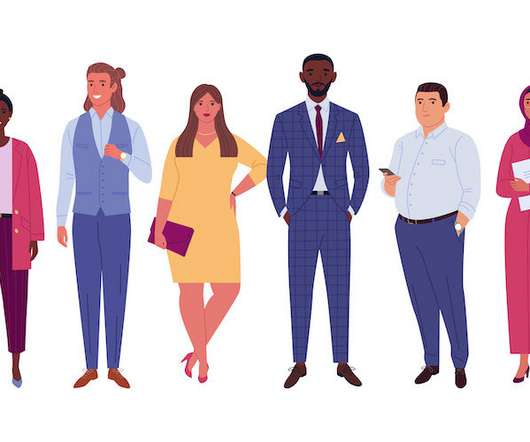Re-imagining Work & Learning in a Networked World
ID Reflections
DECEMBER 28, 2014
Or will work itself subsume learning enabled by a transformed L&D / facilitators / coaches / mentors and the "right" organizational culture? How do we help organizations see that social and informal learning is not a new and fancy way to learn but an essential requirement in a complex, rapidly changing, and uber connected world?



















Let's personalize your content